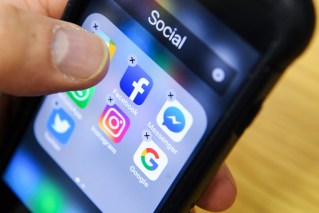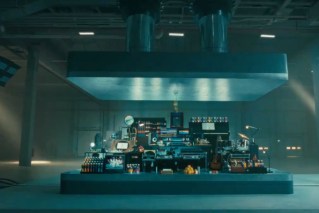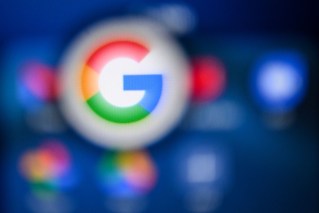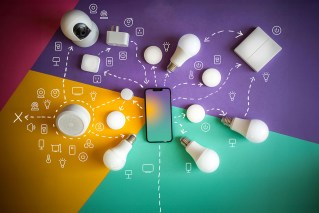The six silly stereotypes of internet users

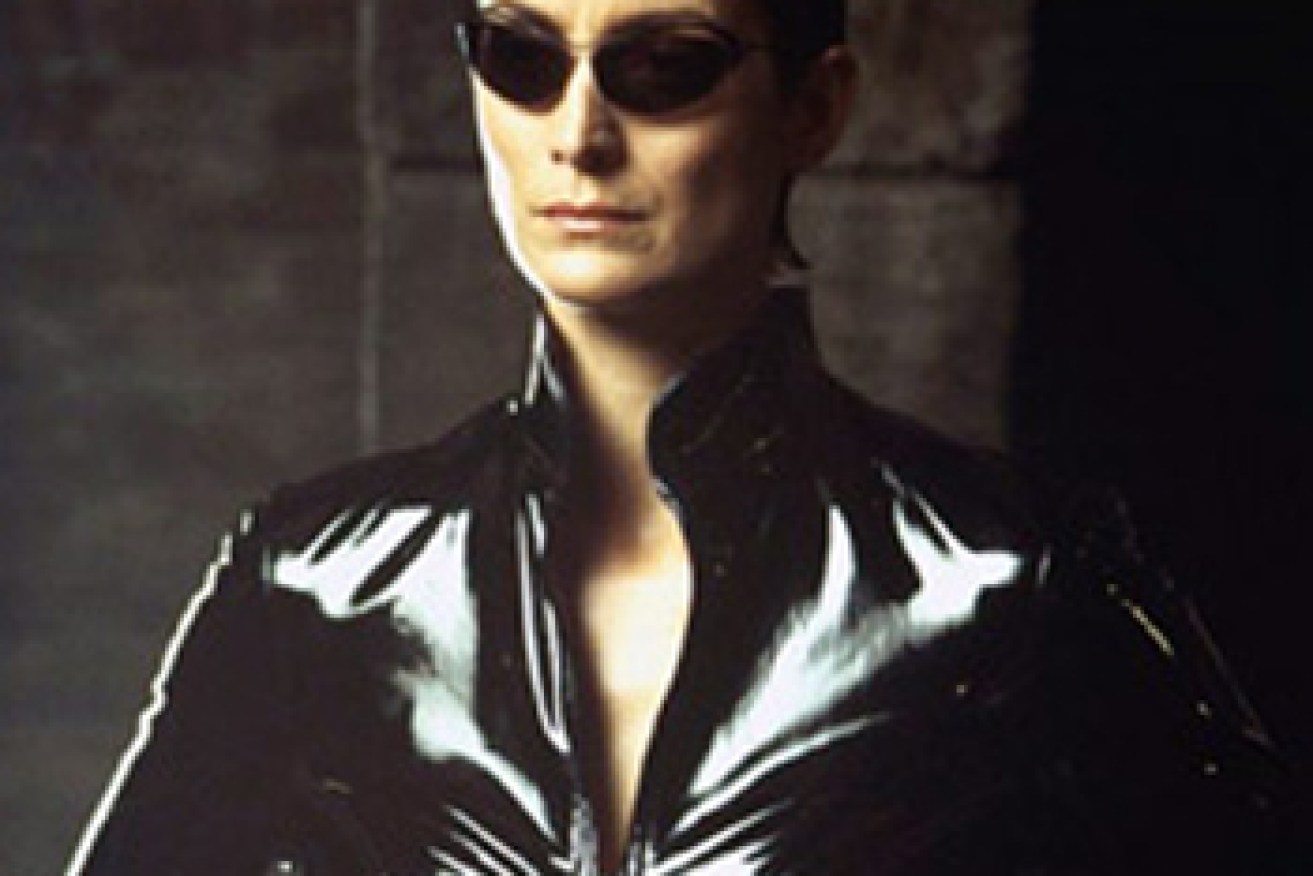
The Matrix
An Australian academic has exposed and debunked how popular culture demonises the internet and those who use it.
The absurdity of these stereotypes, identified by Dr Lauren Rosewarne in her new book Cyberbullies, Cyberactivists and Cyberpredators, is that society hasn’t caught up with the fact that (almost) everyone is now on the web. It still seems to view it as “a frightening badlands”, according to the academic.
“Despite the fact that most of us have been using the internet for near on 20 years, film and television presents the technology as enduringly scary,” Dr Rosewarne told The New Daily.
• The govt is reading what you post online
• ‘Please just leave me and my phone in peace’
• This is why all your conspiracy theories are probably wrong
These common archetypes – the netgeek, neckbeard, cyberbully, hacker, cyberpredator and cyberperv – are relevant because they not only reflect, but also shape, society’s perceptions, she claimed.
These six stereotypes can be found in popular culture dating back to the 1990s, when the internet hit the mainstream, Dr Rosewarne said.
“There is a very strange paradox on screen where the normal and uneventfulness of the internet in our daily lives is seldom depicted on screen. Instead, film and television presents the internet as a frightening badlands were cyberpredators lurk and where victims are found.”
Each of the six stereotypes, for which Dr Rosewarne provides extensive evidence in her book, is explained in more detail below. But the takeaway message is this: you don’t need to be scared of the web.
1. The Neckbeard
A character epitomised by The Comic Book Guy in The Simpsons, this person – again, usually male – is portrayed as obese, unkempt and angry, with bad skin, poor hygiene, a junk food diet and misogynistic views, who hides behind the anonymity of the internet to attack women or obsessively post abusive comments.
“Men involved in computing are stereotyped in screen narratives as having little ability to interact successfully with women; thus this might be the motive for their misogynistic dialogue or a social exclusionary consequence of it,” Dr Rosewarne wrote.

Moss from The IT Crowd is your ultimate stereotype Netgeek. Photo: The IT Crowd
“Whereas geeks and nerds predate the internet age, the neckbeard is notably a product of it: the ability to a live a life almost exclusively online, and to use such a tool – anonymously – to cause trouble, is a specifically modern phenomena.”
The ‘neckbeard’ stereotype is used to disparage male internet users, the book claims.
“Whereas thick-framed glasses and cardigans may have recently been reappropriated as fashionable by the mainstream, chin hair, bad skin and obesity are still widely considered as loathsome qualities and suggestive of a disregard toward personal appearance.”
2. The Netgeek
This stereotype is “passionate and obsessive” about technology, physically weak, socially isolated, dishevelled and uninterested in sex, with an encyclopaedic knowledge, such as Sheldon Cooper in The Big Bang Theory and Moss in The IT Crowd.
It is, of course, an exaggeration that does not match reality, her book claimed.
“In an age where the vast majority of men and women use technology frequently – so much so, in fact, that many of us are permanently mere inches away from our smartphones – it seems incongruous that high-level internet use would mark a character as an outlier.”
3. The Cyberbully
This is often a school-aged girl who “slut shames”, “bitches” or “gossips” about other girls online.
It assumes that, for young people, the use of social media can only be evil, turning them into perpetrators and victims of abuse, instead of simply being an extension of their real lives, according to Dr Rosewarne’s book.
“One reason that cyberbullying is so often presented on screen as inextricably linked to youth is because of the social media focus: for young people social media is not construed as a recreation option, but as something compulsory.”

Trinity from The Matrix movies depicts the hackers. Photo: The Matrix
4. The Hacker
Hollywood’s portrayal of hackers is especially unrealistic, according to Dr Rosewarne’s book.
They are almost always subversive rule breakers, weirdly dressed and anti-authoritarian, rather than regular, functioning members of society as most real-life tech professionals are.
Again, most depictions are male, but there are “many more female hackers than might be expected” on television and in films, the book says, such as Lisbeth Salander in The Girl with the Dragon Tattoo and Trinity in The Matrix.
5. The Cyberpredator
This stereotype “perfectly illustrates” the idea that the internet is a place to be feared, Dr Rosewarne wrote.
“Be they stalkers, paedophiles, or romantic scam artists, cyberspace is all too frequently depicted on screen as a kind of hunting ground used by cybervillains to prey upon unsuspecting web users,” she said.
“Just as these badlands breed cyberpredators, the internet is also framed as the place where victims are found: when for example, a female internet dater puts herself out there she is letting her guard down in a place of lawlessness and where exploitation and harm appear likely.”
6. The Cyberperv
Finally, popular culture often assumes that internet users are accessing pornography, as proof that the internet is a ‘social ill’ and frequent users ‘perverted’, according to Dr Rosewarne.
This “demonisation” helps to portray web users as deviant, voyeuristic and perverse, without allowing for the possibility that online sex can be a healthy outlet, the book claims.


